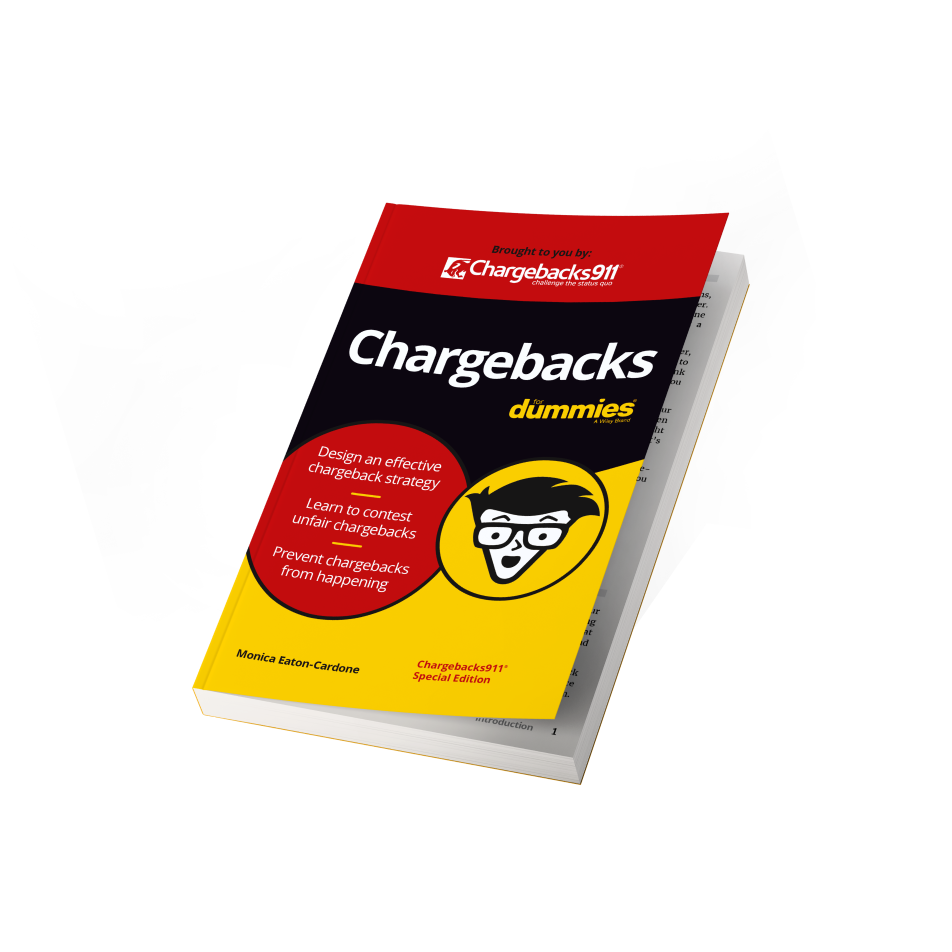Startling Chargeback Facts That Expose the True Threat Posed by Fraud
Most merchants know that chargebacks are bad news. Few can fully understand how dire the threat really is, though.
Chargebacks — also known as customer disputes — are a federally mandated consumer right. The system was designed as a “safety net” to protect credit card users from fraud and unfair merchant practices. Disputes still fill that role, but there’s more to the story.
The chargeback process was introduced more than fifty years ago. Consumers have since found loopholes that allow abuse of the system. The result has been a sharp increase in the number of friendly fraud attacks committed over the last decade.
Reliable chargeback figures can be difficult to pin down, though. The knowledge merchants do have access to is often obscured by misunderstandings and misinformation. In response, we created this list of chargeback facts to help you gain a better understanding of the causes, costs, and consequences of chargebacks as they apply to your bottom line.
Recommended reading
- Chargeback Stats: All the Key Dispute Data Points for 2025
- Provisional Credits: Here’s Everything You Need to Know.
- Here are the 7 Valid Reasons to Dispute a Charge
- What Happens if You File a False Chargeback Claim?
- A Step-by-Step Guide to the 2025 Chargeback Scheme
- A Step-By-Step Guide to the Chargeback Process in 2025
The Market Loses Billions to Chargebacks Each Year
You know merchants lose a lot of money because of chargebacks. Do you know just how serious the problem is, though?
Friendly Fraud is the Main Problem
Chargebacks were meant as a consumer protection mechanism. But do you realize how often cardholders take advantage of the system nowadays?
As alluded to above, friendly fraud is a fast-growing problem in the chargeback space. To get more insight, take a look at these stats uncovered by the 2023 Chargeback Field Report:

Merchants’ Efforts Are Not Very Effective
A lot of merchants are working to address the problem. Unfortunately, in many cases, their efforts are not really paying off as well as they’d hoped.
Can Anything Be Done?
Merchants are usually quick to take action against criminal fraud…but much slower to act in cases of friendly fraud. In fact, many merchants go so far as to dismiss chargebacks as an unavoidable cost of doing business. But criminal fraud and friendly fraud have the same basic consequences for your operations.
Cardholders have learned to conceal friendly fraud by falsely claiming that disputes are based in criminal fraud. For example, they may report that a new TV was damaged upon delivery when, in reality, the item arrived in perfect condition.
This difference between the given reason for a dispute and the real reason makes identifying friendly fraud difficult. Merchants typically have limited data insight. They often deploy the wrong prevention tools or rely exclusively on one solution to handle multiple types of fraud.
The need for a multilayer fraud strategy has been obvious for years. The situation is now critical, though. The good news: adopting the right chargeback management plan has been proven to dramatically lower chargeback issuances and increase revenue.
Ready to forget about chargebacks and get back to the business of running your company? Chargebacks911® has more chargeback data than any other provider. We know how to leverage data to deliver optimal results with a guaranteed ROI. Contact us today to learn how much you could save.
FAQs
What are the risks of chargebacks?
Chargebacks pose risks to merchants as they can result in financial losses due to reversed transactions and chargeback fees. They also harm a business's reputation and may lead to increased scrutiny from payment processors. Merchants must manage chargebacks effectively to minimize these risks.
What are valid reasons for a chargeback?
Valid reasons for filing a chargeback typically include cases of unauthorized transactions, where a cardholder did not authorize a purchase, instances of fraud or identity theft, and situations where the purchased goods or services were not delivered or were significantly different from what was promised by the merchant. These reasons are generally accepted by card issuers as valid grounds for initiating a chargeback request. However, each card network and issuing bank may have specific guidelines and processes for evaluating chargeback claims.
What are the rules for chargeback?
Chargeback rules vary depending on the payment card network (e.g., Visa, MasterCard, American Express) and the specific circumstances of the dispute. Generally, cardholders are expected to first attempt to resolve issues with the merchant before initiating a chargeback. Time limits for filing chargebacks also exist, typically ranging from 60 to 120 days from the transaction date. Cardholders must provide evidence to support their claim, and the card issuer will then investigate and determine whether the chargeback is valid.
What are the conditions for chargeback?
A chargeback can typically be initiated by a cardholder when there is a dispute or issue with a credit card transaction, such as unauthorized charges, fraud, goods not received, or a significant discrepancy between what was promised and what was delivered by the merchant. To request a chargeback, the cardholder generally needs to contact their card issuer within a specific time frame, usually within 60 to 120 days of the transaction.
Can a chargeback get you in trouble?
Initiating a legitimate chargeback for valid reasons should not get you into trouble, as it is a consumer protection mechanism designed to address disputes and unauthorized transactions. However, misuse or fraudulent chargeback claims can lead to consequences, including being banned from making future purchases with the merchant or facing legal actions if it's determined that the chargeback was filed in bad faith.













